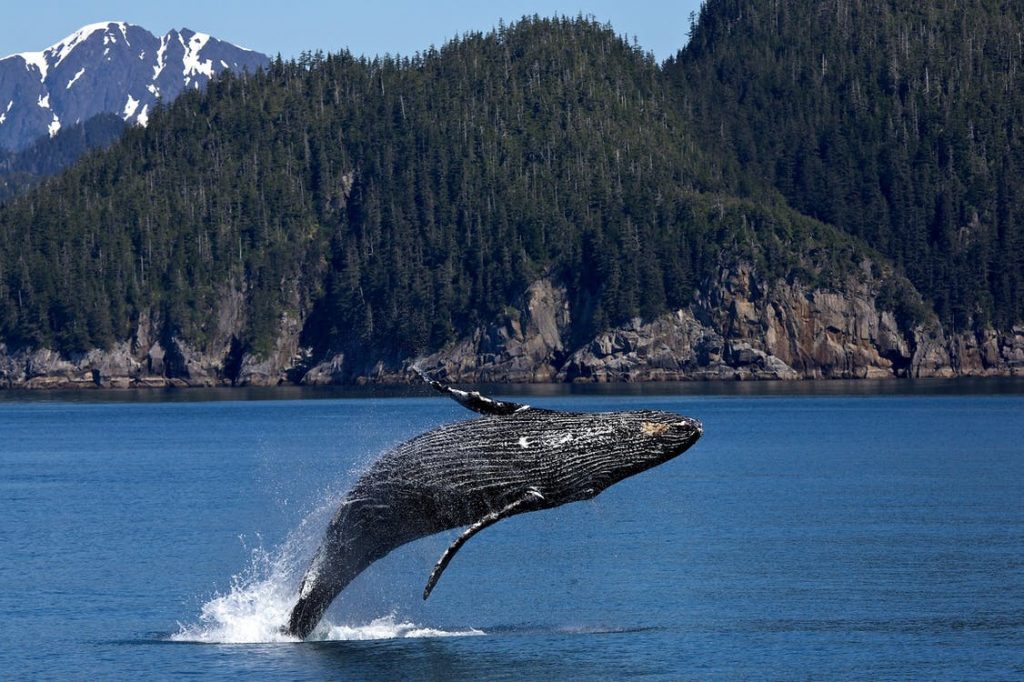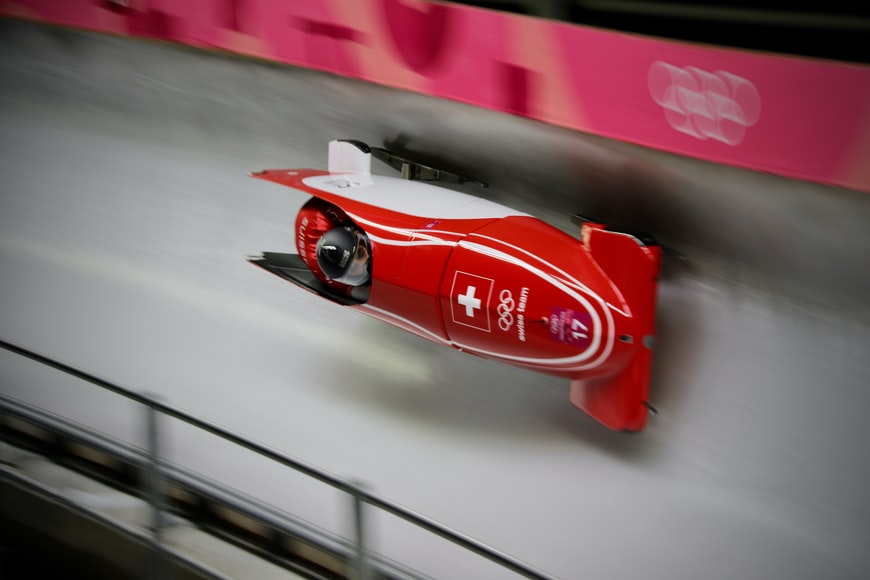February 6 NEC Energy News
¶ “Iceland To End Whaling From 2024 Amid Controversy And Falling Demand” • Iceland says it will end whaling from 2024 amid dwindling demand and continuing controversy. Svandís Svavarsdóttir, Iceland’s Minister of Fisheries and Agriculture, wrote that whale hunting had lost much of its economic significance in recent years. [CNN]

¶ “Big Problems With Small Nuclear Reactor Proposals For Montana” • For the last 44 years a successful Citizens’ Initiative banned nuclear power in Montana unless approved by the voters. But Republican majorities in the 2021 Montana legislature repealed the initiative and Republican Governor Greg Gianforte signed the bill into law. [Daily Montanan]
¶ “MIT Scientists Create 2-Dimensional Polymers As Strong As Steel” • Scientists at MIT have been trying for two decades to make a 2-dimensional polymer, something that all their theories and models suggested was possible but could never be actually created in the lab. Now, it seems they have one. It is stronger than steel and as light as plastic. [CleanTechnica]
¶ “Winter Olympics: Will The Beijing Games Be ‘Green And Clean’?” • China has promised to deliver a “green and clean” Winter Olympics. Organisers say they prioritized protecting native species, reducing greenhouse gas emissions and cutting down on resources used. Extraordinary as efforts have been, there have been criticisms. [BBC]

¶ “Can ‘Green’ Ammonia Be A Climate Fix?” • In Minnesota, there’s a research farm peppered with wind turbines that, when in full swing, boasts an astonishingly low carbon footprint. The wind powers a chemical plant that makes ammonia, which can not only be spread as fertilizer under the turbines, but also can be used for fuel, free of CO₂ emissions. [WIRED]
¶ “Bill Would Increase Rhode Island’s Renewable Energy Standard” • Rhode Island’s state lawmakers are eyeing increases in the Renewable Energy Standard, a move that could prove a windfall for renewable energy projects. Under H7277, the standard would be raised incrementally every year until it hits 100% after 10 years. [ecoRI News]
For more news, please visit geoharvey – Daily News about Energy and Climate Change.
